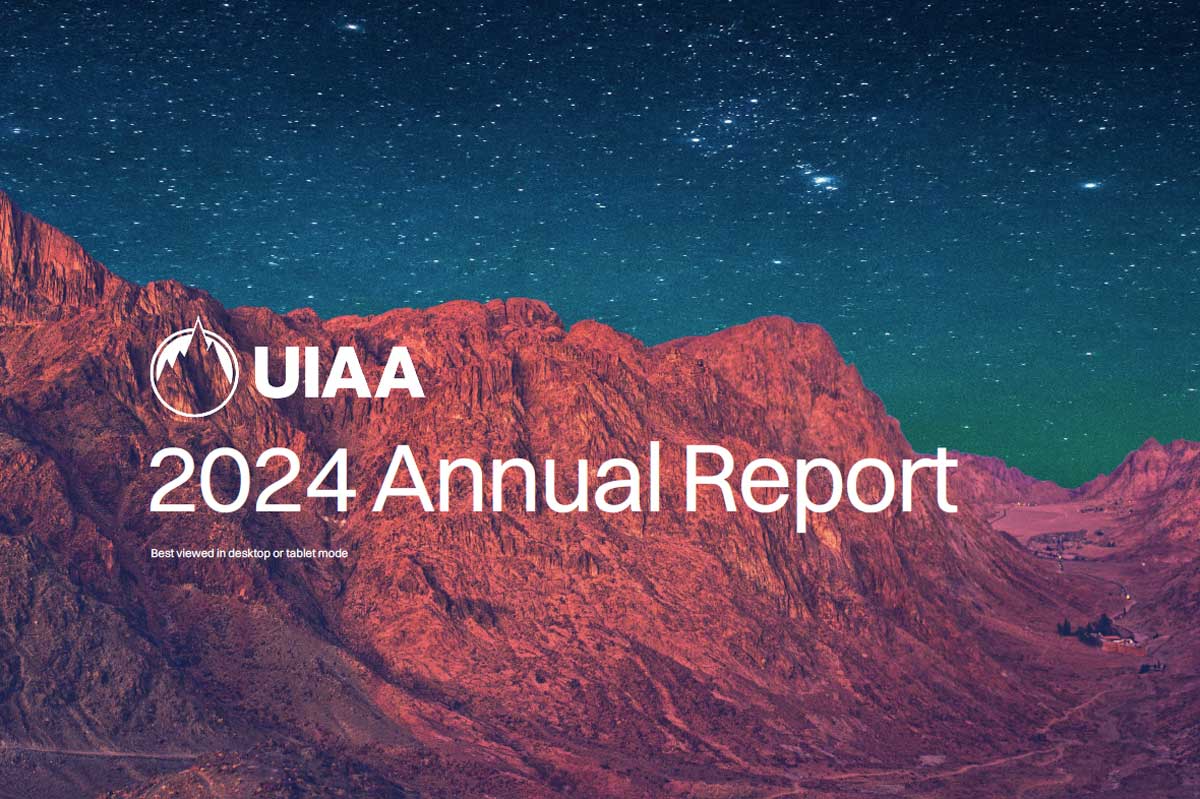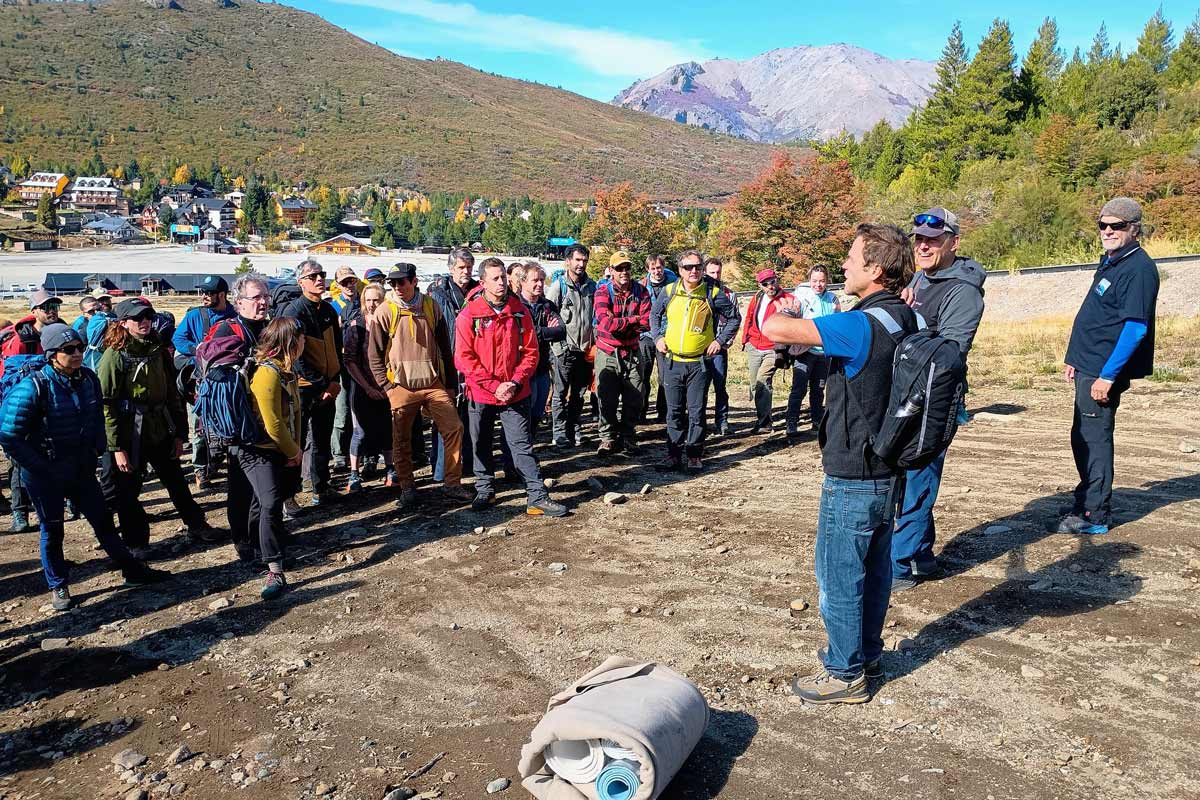The following article was provided to the UIAA by Annibale Salsa, past president of Italy’s CAI, Claudio Picco and Carlo Zanantoni. It is a summary of a recent mountaineering symposium in Grenoble, France and touches upon the issue of restrictions on the freedoms of access and risk taking that the authors insist are fundamental freedoms of mountaineering:
“At a meeting this spring in Grenoble, France the French mountaineers showed great organizational capability and attracted a large audience on the occasion of their “Assizes of Mountaineering”, Grenoble, 10-2 April 2011. The discussions covered a wide range of problems, ranging from the fundamental values of mountaineering to its relationship with the mountain environment and the local population. About 30 preparatory “cafés montagne” were organized during 2010 throughout the country.
The discussions, which were open to the public, were summarized at Grenoble; only in the French language, unfortunately, but foreign participation was welcomed, indeed sought. Italy was officially represented by the past President of CAI, Annibale Salsa; Claudio Picco and Carlo Zanantoni attended on a personal basis.
The summary showed that great attention had been devoted to the increasing difficulties in the relationships between mountaineering and the mountain environment and its population, even between the population of mountain valleys and their mountains. This seems to be a particular problem for France, that goes beyond the more general problem of most other countries, i.e. the tendency to abandon the classical “adventure terrain” in favour of a safer and more comfortable environment. It does not mean that French mountaineers are not sensitive to the most serious problem, common to the “sociétés sécuritaires” throughout the world: the tendency of governments, local authorities and their “experts on safety” to restrict freedom: freedom of access, freedom of risk taking, that is the fundamental freedom of mountaineering.
The engagement in such a broad analysis of the problems arising in mountaineering justifies the wide support given to the ASSISES by MEDEF (Mouvement des Entreprises de France), Petzl Foundation, the Municipalities of Grenoble and Chamonix, the Regional Government, the Ministry of Sports, in addition to, as obvious, the two major Associations for mountaineering, climbing and competitions: FFCAM and FFME.
The subdivision of French mountain sports into these two associations should not deceive the foreign observer: a wide consensus was presented to OPMA (Observatoir des Pratiques de la Montagne et de l’Alpinisme), an organization created some years ago under the impulse of Bernard Amy. The “Cafes Montagne” and the ASSISES are a demonstration of the vitality of OPMA.
The final phase of the ASSISES took place at Chamonix on 28 May. On this occasion, a MANIFESTO, prepared by OPMA, was discussed; a major role in this phase will be covered by the proposal for an OBSERVATORY, i.e. a network of people who – on the one hand – collect information on any attempt by governments, local and jurisdictional authorities to restrict freedom and – on the other hand – prepare the means (media and parliamentary action) for opposing them.
Concerning the OBSERVATORY project, a very warm welcome was given by the audience to our proposal that the OBSERVATORY be extended to include the UIAA: the tendency to curb freedom is worldwide, therefore the UIAA should be involved in the project.”
S.P.Z.


